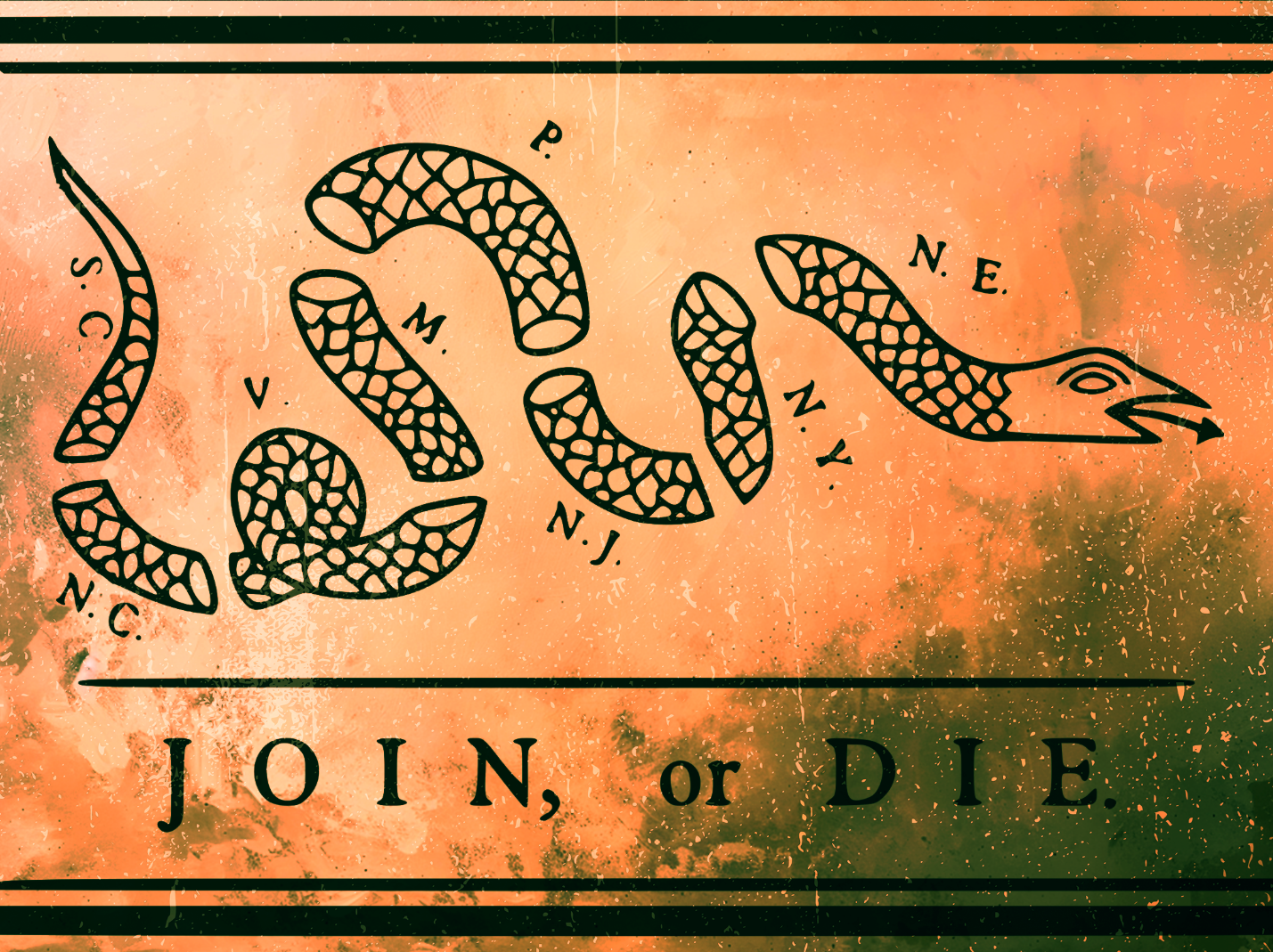
It was an immortal day dedicated to liberty. Stalwart patriots met on July 4, 1774.
1774?
Yes. Two years before we declared our independence, the residents of Orangetown, New York subscribed to the Orangetown Resolutions. The Resolutions stated, in part:
- 1st, That we are and ever wish to be, true and loyal subjects to his Majesty George the Third, king of Great Britain.
- 2nd, That we are most cordially disposed to support his majesty and defend his crown and dignity in every constitutional measure, as far as lies in our power.
- 3rd, That however well disposed we are towards his majesty, we cannot see the late acts of Parliament imposing duties upon us, and the act for shutting up the port of Boston, without declaring our abhorrence of measures so unconstitutional and big with destruction.
- 4th, That we are in duty bound to use every just and lawful measure to obtain a repeal of acts, not only destructive to us, but which, of course, must distress thousands in the mother country.
- 5th, That it is our unanimous opinion that the stopping of all exportation and importation to and from Great Britain and the West Indies would be the most effectual method to obtain a speedy repeal.
- 6th, That it is our most ardent wish to see concord and harmony restored to England and her colonies.
The news of the Intolerable Acts was fresh from London. And the residents of Orangetown—not many people know where it is. It’s up the Hudson River, on the west bank, just north of New Jersey. It’s a hop from Sleepy Hollow, a skip and a jump from the Catskill Mountains. Rip van Winkle went up to play nine-pins with some strange old Dutchmen a week before the Orangetown Resolutions were drafted. It’s a fair distance from New York and a long way from Boston.
And that’s why the Orangetown Resolutions matter. It was a small town, a different colony from Massachusetts, not even part of New England, and it only took a few months from the passage of the Intolerable Acts for the farmers and townsmen of this little town on the Hudson to call for a boycott in response to the Intolerable Acts. Phrased politely—“it is our most ardent wish to see concord and harmony restored to England and her colonies”—but still, a call for a boycott.
Not every New York town was as early as Orangetown. Some behind-the-scenes machinations prompted the Orangetown Resolutions. Still, it was an early and important sign: Americans throughout the colonies were outraged by the Intolerable Acts and would act together to rescind them.
Americans today are also beginning to act together. State attorneys general file joint challenges to unconstitutional federal actions. States are considering whether to create their own joint accreditation systems. States far from the Mexican border have provided aid to Texas to help protect the American border while the federal government is AWOL. Each of these actions is an Orangetown Resolution.
On and about July 4, 1774, Americans began to face up to the challenge of “Join, or Die.” The Orangetown Resolutions were a first vote to join together for our liberty.
On this July 4, let us rededicate ourselves and join once more to secure our freedom.
Art by Beck & Stone
Delightful. Once again, David’s scholarship provides a useful and provocative historical context. I found it interesting that this proclamation seemed to assume that what was and what was not “constitutional” was obvious to everyone. Recent events suggest that many things most folks considered to be legal and appropriate are being re-evaluated. These are indeed interesting and challenging times. While it is important to speak up and speak out when we disagree, it is equally important to support acknowledge processes which have served us well throughout our history.